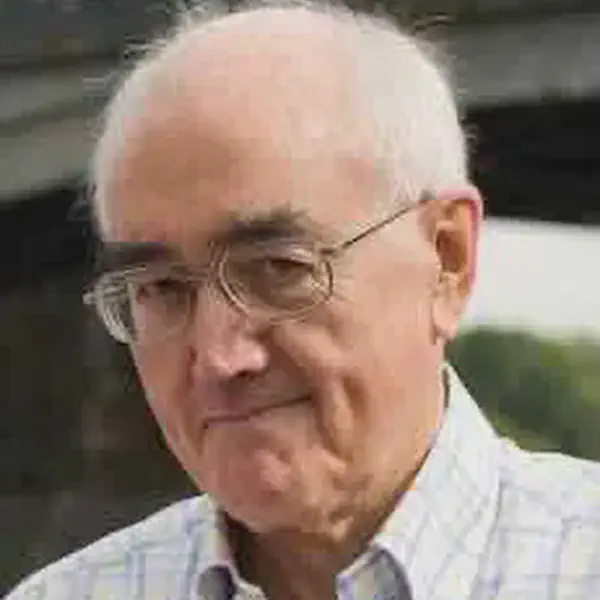
James Burke, Irish Historian and Author, Born
December 22, 1936
James Burke (born 22 December 1936) is a British broadcaster, science historian, author, and television producer. He was one of the main presenters of the BBC1 science series Tomorrow’s World from 1965 to 1971 and created and presented the television series Connections (1978), and its more philosophical sequel The Day the Universe Changed (1985), about the history of science and technology. The Washington Post has called him “one of the most intriguing minds in the Western world”.
James Burke, is a highly respected British broadcaster, science historian, and author, well-known for his unique ability to make complex scientific and technological concepts accessible and engaging to a broad audience. His career spans several decades, during which he has made significant contributions to science communication and education.
Educational Background
Burke, with a strong academic background, including a degree from Oxford University, combined his scholarly knowledge with a flair for communication, making him an effective and engaging science communicator.
Television Career
Burke is best known for his work in television, particularly during the 1970s and 1980s. He has been involved in producing and hosting several influential TV series that explore the history of science, technology, and society.
Notable TV Series
“Tomorrow’s World”
Burke was initially known for his work on this BBC science and technology program, which showcased new developments and future predictions in these fields.
“Connections”
Perhaps his most famous series, “Connections,” aired in 1978. It explored the interconnectedness of historical events and the development of modern technology in an innovative and engaging format. The series was acclaimed for its narrative style, linking seemingly unrelated historical events to the development of various technologies.
“The Day the Universe Changed”
This series, similar in style to “Connections,” focused on the history of ideas and their impact on the development of Western civilization.
Approach to Science Communication
Burke’s approach to science and technology communication is characterized by a focus on the broader context, showing how scientific ideas evolve over time and influence, and are influenced by, society.
Authorship
In addition to his broadcasting work, Burke has authored several books related to the themes of his television series, further contributing to public understanding of science and technology.
Legacy and Impact
James Burke is regarded as a pioneer in science communication. His work has not only educated but also inspired interest and curiosity about science, technology, and history in generations of viewers and readers.
Burke’s ability to connect the dots of history, science, and technology in an engaging narrative format has made him a notable figure in science broadcasting and education. His work continues to be relevant, offering insights into the complex ways in which technological and scientific advancements shape our world.